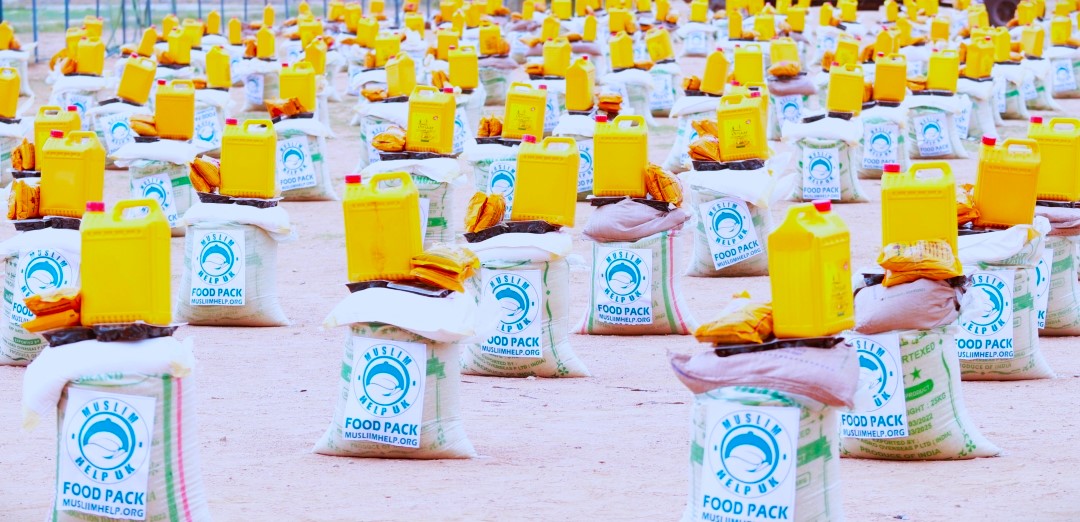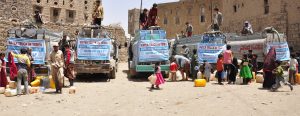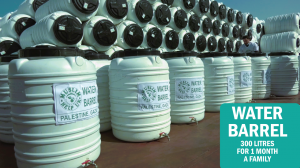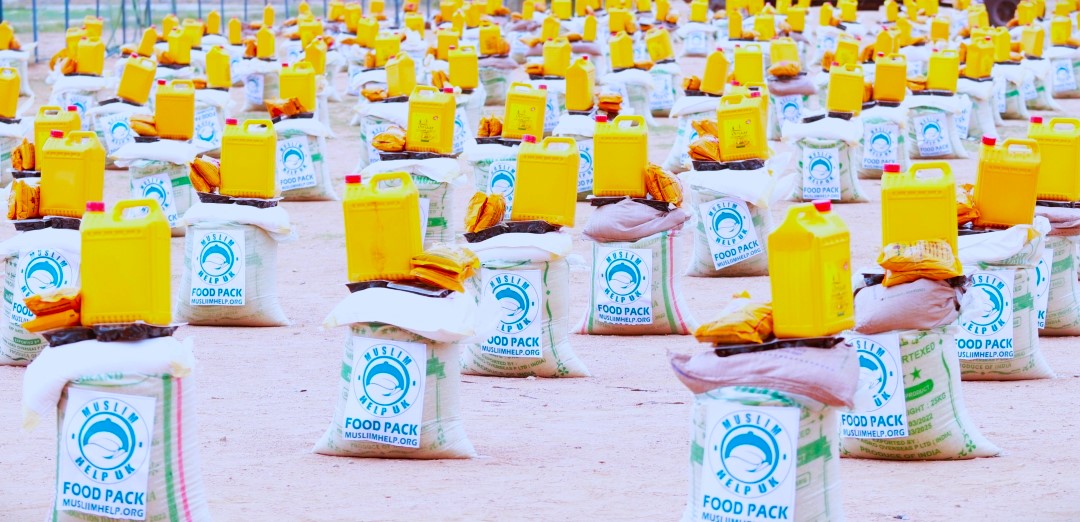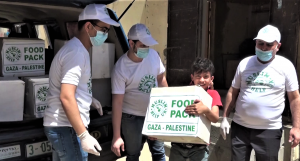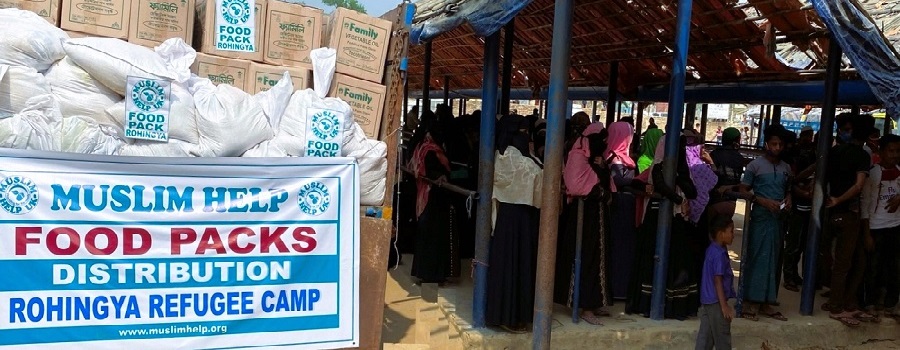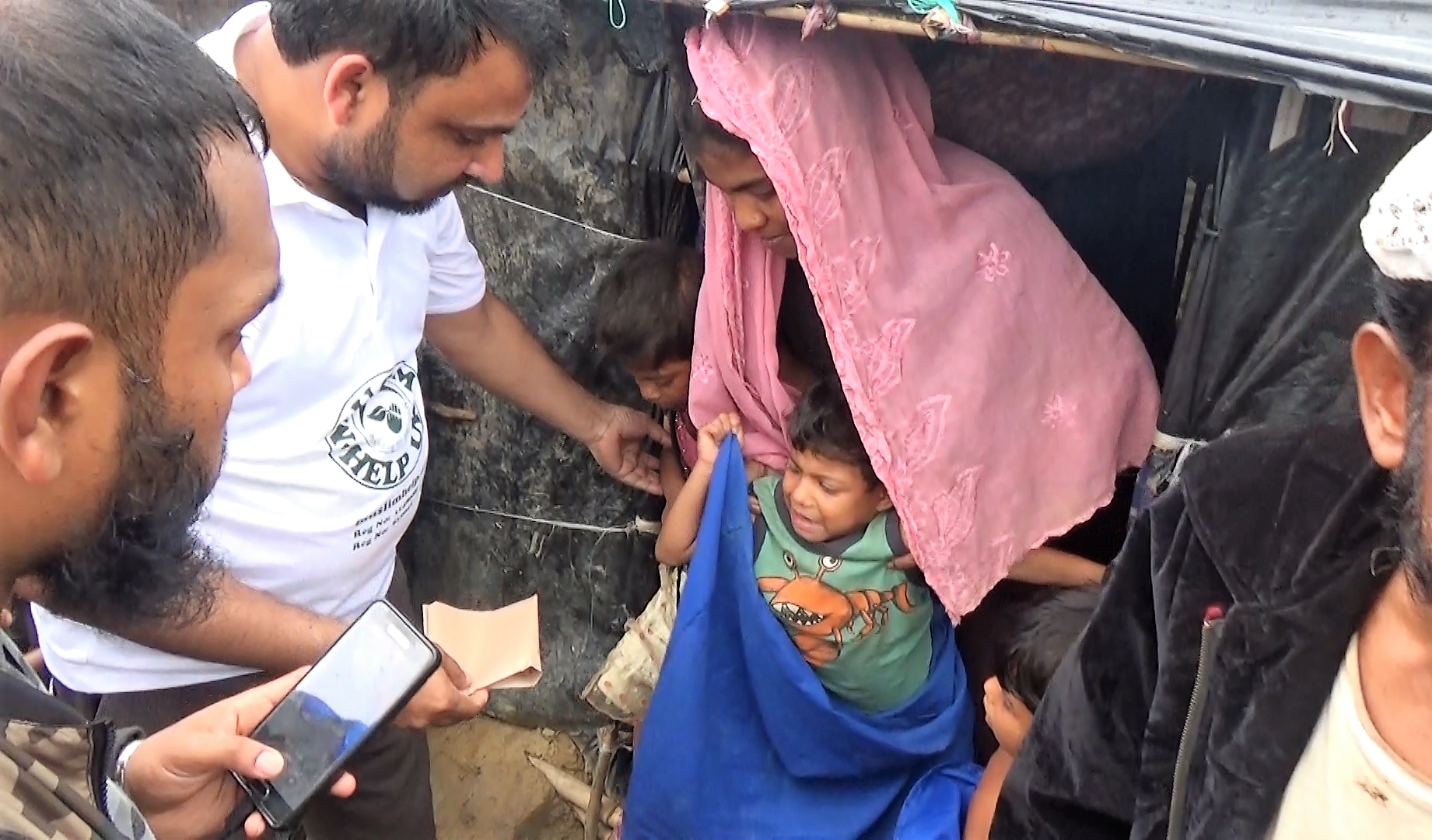Eid ul-Fitr: A Time for Charity, Reflection, and Community
Eid ul-Fitr, the "Festival of Breaking the Fast," is one of the most important religious events in the Islamic calendar. Celebrated on the first day of Shawwal, following the conclusion of Ramadan, it is a day of immense joy, gratitude, and communal solidarity. For Muslims around the world, Eid represents not only the end of a month of fasting but also a time for reflection on spiritual growth and for expressing thanks to Allah for the strength and patience exhibited throughout Ramadan.
Rituals and Celebrations
The day begins with the Eid prayer (Salat al-Eid), which is typically performed in congregation at mosques, prayer grounds, or community spaces. This prayer, held in the morning, consists of two rak'ahs (units of prayer) and is followed by a sermon and supplications seeking forgiveness and blessings from Allah. The Eid prayer is a special gathering that brings together Muslims, strengthening the sense of unity and shared faith.
Zakat al-Fitr: Purification and Charity
An essential part of the celebrations is the Zakat al-Fitr, a form of charity given by every Muslim before the Eid prayer. Zakat al-Fitr, also known as Fitrana, serves to purify the fast and assist those in need, ensuring that the joy of Eid is accessible to all, regardless of their financial situation. The amount varies depending on the local cost of staple foods like wheat or dates, and its purpose is to allow those in poverty to join in the celebration with the rest of the community.
